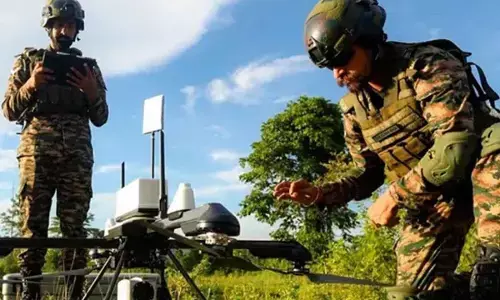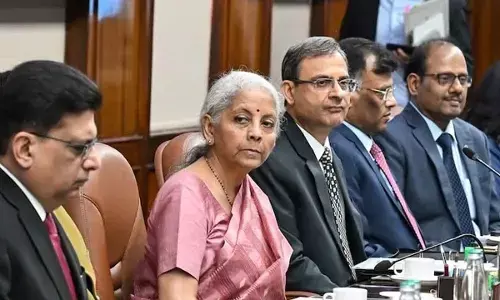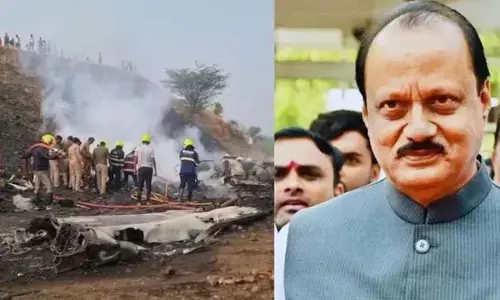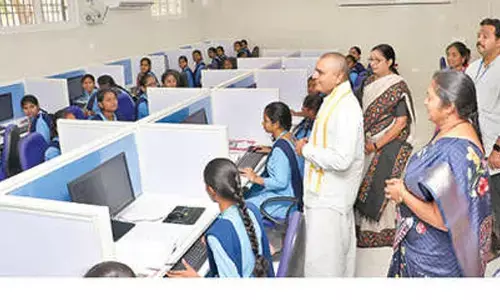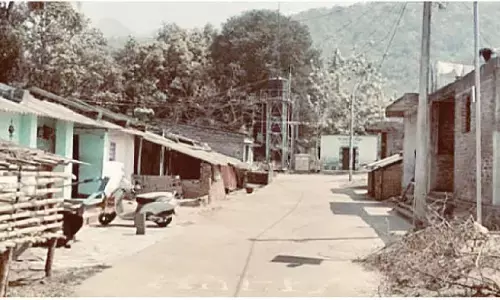Child Marriage in South Asian Countries
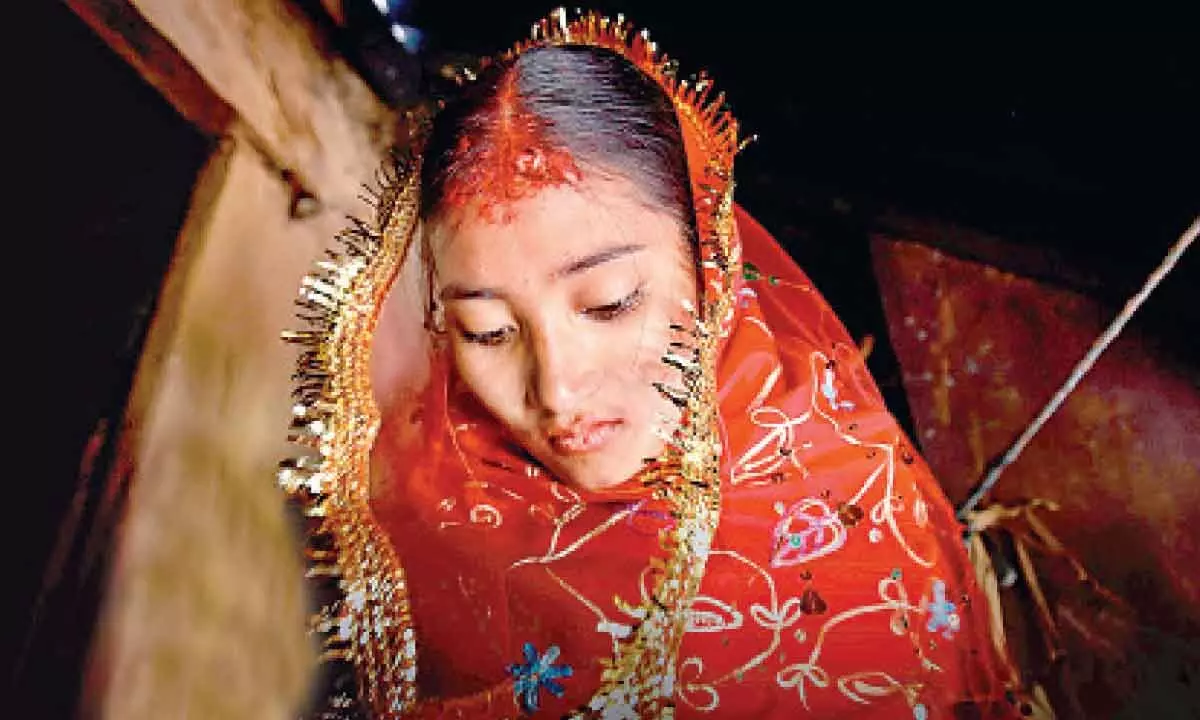
KANAK VANAM, a thirteen-year-old eighth grader, based out of the San Francisco Bay area in California and now a student of the International School of Amsterdam, Netherlands wrote this interesting article on ‘The Abolition of Child Marriage’ for the ‘Qualia Global Scholars Program Summer 2023’ led by Stanford University Mentors. This is a selective four-week, online academic enrichment summer program for talented high school and middle school students around the world with diverse interests and backgrounds.
Since the age of five, I have been passionate about solving the horrific problem occurring in many South Asian countries that we call child marriage. Child marriage is a problem that has been happening for hundreds of thousands of years, dating all the way back to the era of Ancient Greece, where girls ages 12-14 were commonly married off to men twice their age. This problem is heavily ignored by the men in the South Asian government, though the few women do try to bring attention to the issue. Some other problems I considered before landing on child marriage was percentage of women in the workforce in third world countries, and how they might be treated if they were even allowed to work. The reason I eventually landed on child marriage was because it is ultimately an issue close to my heart. Over generations I have heard stories about many women, even in my family who have gone through the process of child marriage. In fact, my paternal grandmother was pulled from school at age fifteen to marry my grandfather who at the time was 21. He had already completed his education and thus could speak fluent English. But sadly, I cannot say the same for my grandmother. Because she was pulled from high school she never got the chance to learn English and thus why it is so hard for the two of us to communicate, because she only speaks Telugu, a South Indian language which sadly I don’t know.
Child marriage is a very big problem in many third world countries even though it has been legally abolished in a few. For example, in Afghanistan the percentage of girls being married at 15 is a raging 47%, and growing. The numbers for India and Pakistan are respectively 21% and 11.2%, and while these numbers are smaller than in Afghanistan, that does not make them any less significant. This practice is a straight up violation of human rights, and by continuing to let this happen, we are simply proving that the world has barely evolved in terms of women’s rights and once again proving that the world thinks of us as mere items, burdens we can sell off when the right time comes, though the “right time” seems to always be at an astonishingly young age. We need to solve this problem so that no girl who desires education must go without it, no women need to look back and relish and miss the days of schooling. We want all women to emerge confidently from their schooling and truly believe that they know all they desire, or even continue learning until they and they alone are ready for marriage.
Now that you have read all my statistics and facts, you may be wondering what I actually plan to be doing about this problem. And to this I have several solutions to propose: Increase funding for education, particularly for girls in rural areas, to promote education and empowerment of young women and reduce poverty, which may decrease the incidence of child marriages.
• Implement policies and programs that aim to reduce poverty in rural areas, such as providing economic opportunities, credit, and micro-finance services to families in order to increase their economic stability and reduce the need for child marriage as a financial coping strategy.
• Increase awareness about the negative effects of child marriage and the importance of education through public education campaigns and community engagement programs, particularly in rural areas.
• Strengthen legal protections for children and young women against child marriage and ensure that laws and policies are enforced effectively and increase the availability of support services for girls and women who are at risk of or affected by child marriage, such as counseling, health care, and safe houses.
Some other bigger picture solutions include
• Working with UNICEF to work on this solution - funding families who are forced to sell their children into child marriage to things like schooling funds so they do not have to pay money for schooling healthcare funds/free healthcare.
• Schools can play a role to help make sure that there isn’t a need for child marriage in any household. Helping children get any meals if their parents can’t put food on the table.
• Vocational education - having girls and women being trained in a field of their choice, something they believe is a good place for them. They will then be financially independent and not have to depend on a husband or family for a steady income. With the solution of vocational education, I hope to join the noble effort of stopping child marriage in all places that it continues to happen. So that people like my grandmother get education past ninth grade or know how to speak different languages. So that they have the power to have a career and be independent from spouses, families, and all else.


